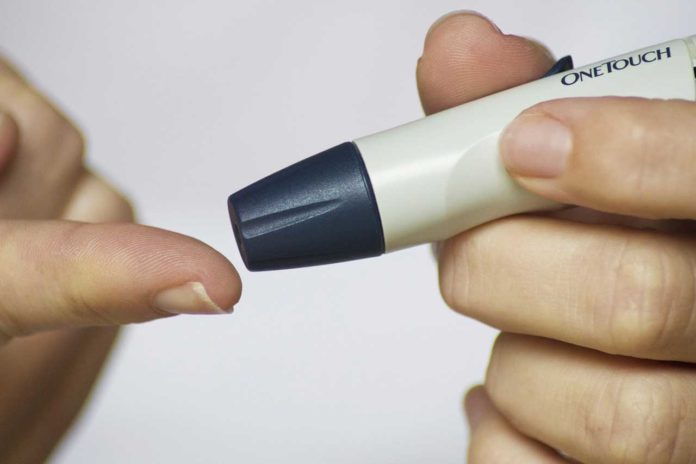Cardiovascular disease (CVD) is the primary source of mortality in the United States and around the world. Among several modifiable risk factors for CVD, obesity is perceived as a noteworthy risk factor. Body Mass Index (BMI) is a good measure of obesity; numerous epidemiologic examinations have found that obesity, assessed by BMI, is related to an expanded danger of CVD.
A recent study has shown that BMI is an imperfect measure of obesity, and it does not discriminate between lean body mass and fat mass. The research suggests that fat mass index is associated with a higher risk of cardiovascular events in people with diabetes.
Scientists analyzed data on 10 251 adults from the ACCORD study, a randomized controlled trial in the United States looking at diabetes and cardiovascular disease (CVD). The mean age was almost 63 years, and 62% of participants were men. They found that people with type 2 diabetes and higher fat mass were at increased risk of major cardiovascular events compared to people with lower fat mass.
In contrast to previous research, the protective role of lean body mass was not observed in the research population with type 2 diabetes as a whole.
Dr. Xinqun Hu, Departments of Cardiovascular Medicine and Emergency Medicine, The Second Xiangya Hospital, Changsha, Hunan, China said, “We found that the protective effect of lean body mass was observed in participants with a lean BMI of less than 16.7 kg/m2. The increased risk of CVD in [type 2 diabetes mellitis] patients with lower BMI may be attributed to the adverse effect of lower lean body mass that overrides the positive effect of lower fat mass.”
The study is represented in the Canadian Medical Association Journal.
